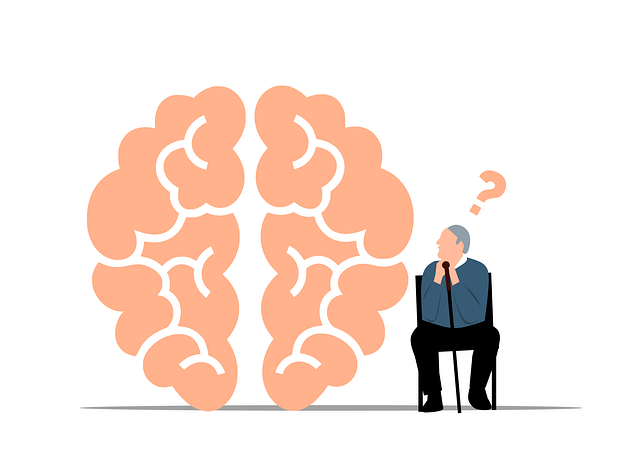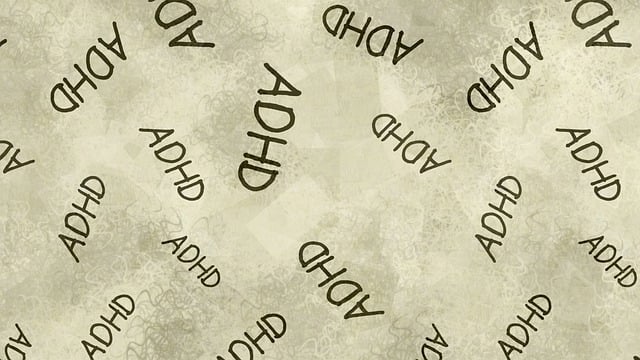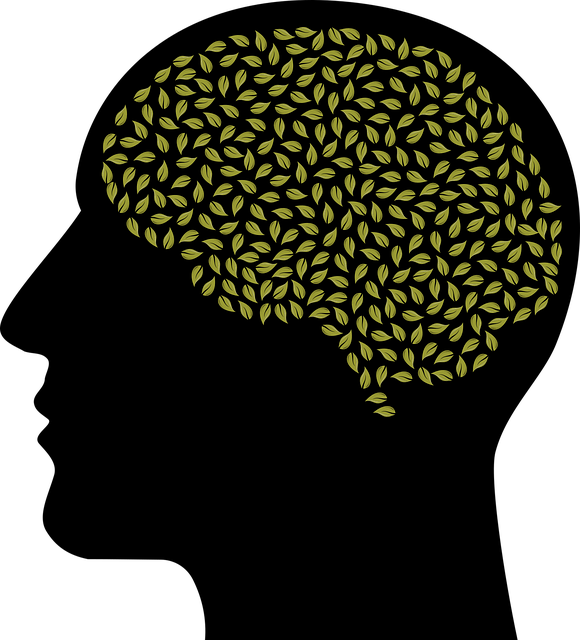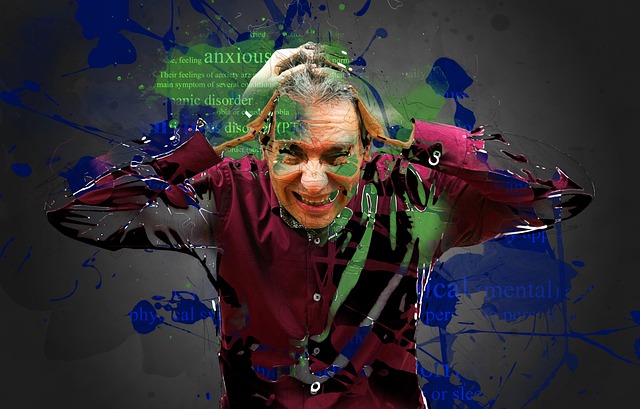Emotional intelligence (EQ) is vital for children's development, with early interventions through therapy and ADD/ADHD evaluations significantly enhancing it. For kids with Attention Deficit Disorder (ADD) or Attention Deficit Hyperactivity Disorder (ADHD), tailored strategies like Cognitive Behavioral Therapy (CBT) and compassion cultivation help manage symptoms, improve focus, and develop emotional maturity. Regular evaluations and community support programs further enhance their learning environment, resulting in better social skills, emotion regulation, and improved overall well-being, preventing burnout and promoting long-term mental health.
Emotional intelligence (EI) is a vital tool for children’s overall development and well-being. This article explores the significance of EI, particularly for those with Attention Deficit Disorder/Hyperactivity Disorder (ADD/ADHD), offering a comprehensive guide to its understanding and enhancement. We delve into the impact of EI on children, symptoms of ADD/ADHD, and the evaluative process. Additionally, we highlight the role of therapy, present practical strategies to build EI in kids with ADD/ADHD, and emphasize the profound benefits for their emotional health.
- Understanding Emotional Intelligence and Its Impact on Children
- Identifying ADD/ADHD in Kids: Symptoms and Evaluation Process
- The Role of Therapy in Enhancing Emotional Intelligence
- Strategies to Build Emotional Intelligence in Children with ADD/ADHD
- Benefits of Improved Emotional Intelligence for Kids' Overall Well-being
Understanding Emotional Intelligence and Its Impact on Children

Emotional intelligence (EQ) is a child’s ability to recognize and manage their own emotions, as well as understand and empathize with others’ feelings. This skill set plays a pivotal role in their overall development and well-being, especially during formative years. By fostering EQ, parents and caregivers can help children develop resilience, a key component that supports them in navigating challenges and stressful situations.
Early interventions through therapy for Children ADD-ADHD evaluations can significantly impact emotional intelligence development. These evaluations identify areas where a child may need support, enabling tailored strategies to enhance their social-emotional skills. Compassion cultivation practices and crisis intervention guidance are among the tools used to nurture EQ, teaching children how to respond calmly under pressure and build strong relationships. This proactive approach ensures that children grow up with the emotional maturity needed to succeed in school, foster healthy friendships, and manage life’s inevitable ups and downs.
Identifying ADD/ADHD in Kids: Symptoms and Evaluation Process

Many children struggle with Attention Deficit Disorder (ADD) or Attention Deficit Hyperactivity Disorder (ADHD), which can significantly impact their emotional intelligence development. Recognizing the symptoms is crucial for early intervention and support. Kids with ADD/ADHD may exhibit difficulties in focusing, impulsive behaviors, restlessness, and challenges with organization. They might struggle to complete tasks, follow instructions, or maintain attention during conversations, leading to frustration and social isolation.
The evaluation process typically involves comprehensive therapy sessions tailored for children. Professional therapists employ various tools, including behavioral observations, parent and teacher interviews, and standardized assessments, to diagnose and develop personalized strategies. Therapy for children with ADD/ADHD focuses on improving focus, managing impulsivity, enhancing organizational skills, and fostering empathy. Techniques like mindfulness meditation and stress management can be incorporated into these therapies, alongside empathy-building strategies, to support holistic emotional growth.
The Role of Therapy in Enhancing Emotional Intelligence

Therapy plays a pivotal role in enhancing emotional intelligence by providing a safe space for individuals to explore and understand their feelings. Through therapy sessions, people learn valuable skills like compassion cultivation practices, which foster empathy building strategies. This is particularly beneficial for children diagnosed with ADD-ADHD, as these evaluations can help identify and address underlying emotional challenges that may impact their social interactions and academic performance.
Professional therapy offers a structured environment to cultivate positive thinking and emotional awareness. By engaging in regular sessions, individuals can develop better coping mechanisms, improve self-regulation, and enhance their ability to connect with others emotionally. This process is crucial for personal growth and can lead to more fulfilling relationships and improved overall well-being.
Strategies to Build Emotional Intelligence in Children with ADD/ADHD

Building emotional intelligence in children with Attention-Deficit/Hyperactivity Disorder (ADD/ADHD) involves tailored strategies that address their unique challenges. One effective approach is through therapy, specifically designed to enhance self-awareness and emotional regulation skills. Cognitive Behavioral Therapy (CBT), for instance, can help these children identify and manage their emotions by teaching them to recognize triggers and develop coping mechanisms. This early intervention not only improves their ability to navigate social interactions but also reduces anxiety relief symptoms often associated with ADD/ADHD.
Additionally, regular evaluations play a crucial role in monitoring progress and adjusting strategies accordingly. By assessing emotional intelligence development, parents and caregivers can collaborate with professionals to implement effective practices. Community outreach program implementation, offering support groups and educational resources, further enhances the learning environment, fostering a sense of belonging and promoting better emotional regulation among children with ADD/ADHD.
Benefits of Improved Emotional Intelligence for Kids' Overall Well-being

Children with enhanced emotional intelligence (EI) enjoy several significant benefits that contribute to their overall well-being. One of the key advantages is improved social skills, enabling them to build stronger relationships and effectively communicate with peers. This heightened EI helps kids understand and manage their emotions better, which can reduce instances of temper tantrums and aggressive behavior often associated with ADD/ADHD evaluations. By recognizing and regulating their feelings, children can make more thoughtful decisions and navigate social situations with greater ease.
Moreover, emotional intelligence plays a crucial role in preventing burnout among children, especially those facing challenges like ADD/ADHD. Effective EI strategies help kids develop resilience, enabling them to handle academic pressures and manage the demands of daily life. This proactive approach to mental health can significantly influence their long-term well-being, fostering a positive mindset that aids in risk management planning for mental health professionals.
Emotional intelligence (EI) is a key factor in children’s overall well-being, especially for those with Attention Deficit Hyperactivity Disorder (ADHD) or similar conditions. By understanding EI and its impact, parents and caregivers can facilitate the development of essential life skills through targeted strategies and, when necessary, professional support like therapy for children ADD-ADHD evaluations. Therapies play a vital role in enhancing EI by providing a safe space for expression and learning. Through these methods, children can improve their emotional regulation, empathy, and social interactions, ultimately fostering better mental health outcomes.














